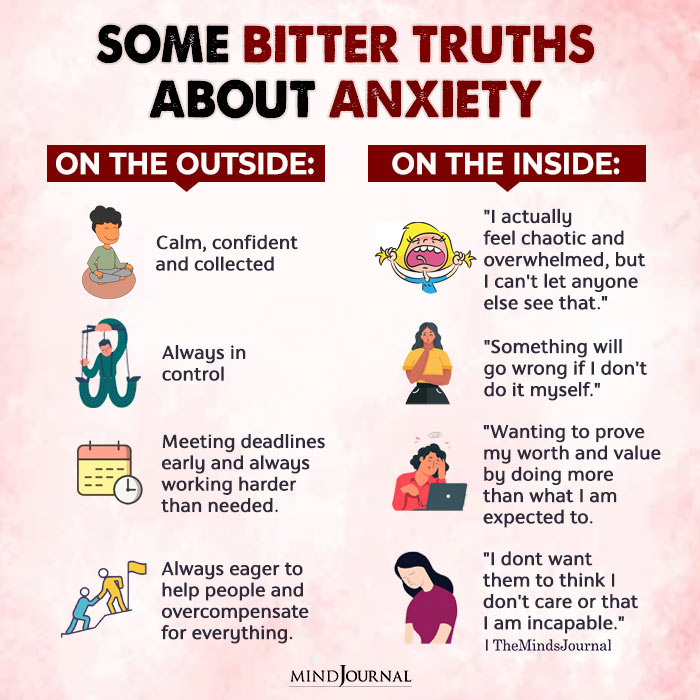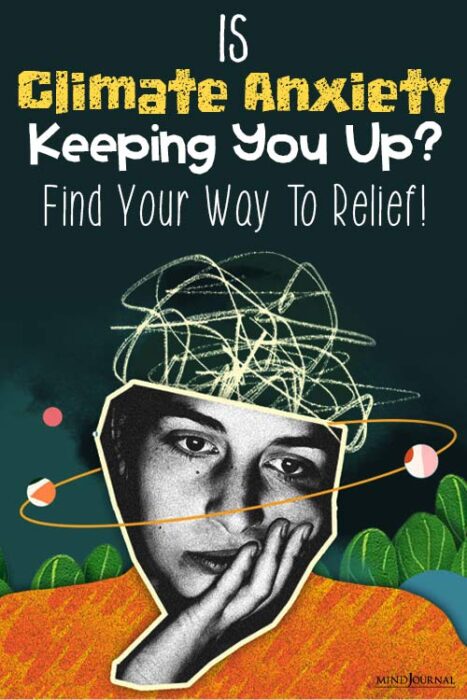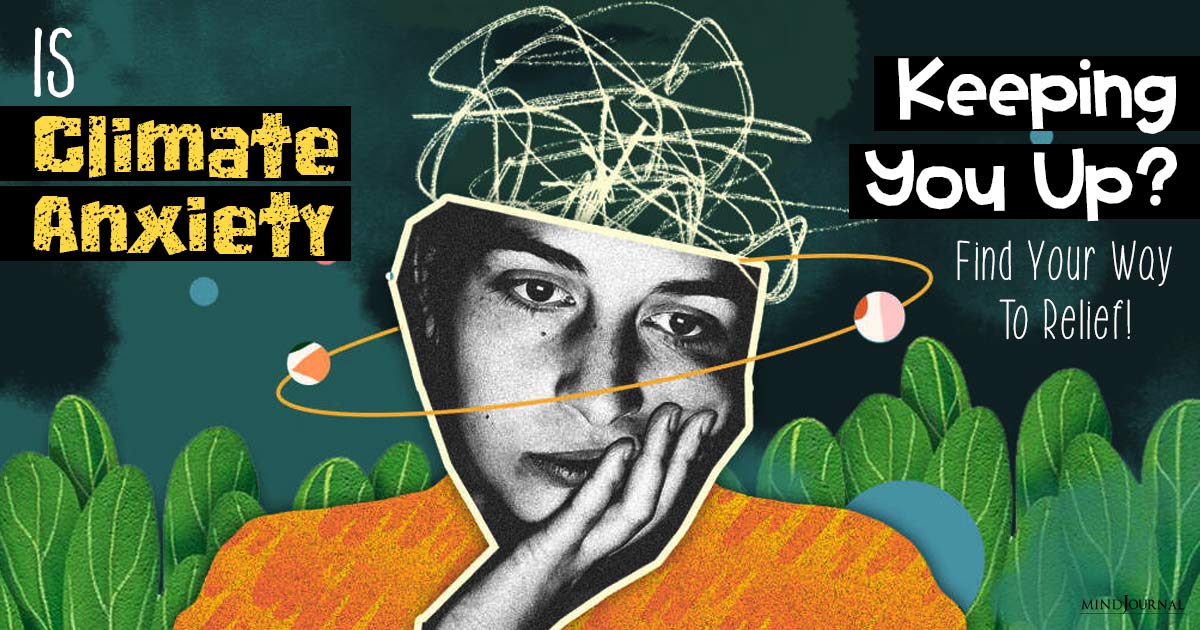In the whirlwind of today’s fast-paced world, there’s a new type of worry that’s storming into our lives – climate anxiety.
You’ve probably heard the term thrown around like confetti at an eco-friendly wedding, but what exactly is climate or eco-anxiety?
Is it an anxiety disorder caused by climate change wearing a disguise, or is it just our brains playing hide and seek with rational thinking?
Read more here: Landmark Youth Climate Trial In Montana: A Battle For A Sustainable Future
What Is Climate Anxiety?
Let’s start with the basics: what is climate anxiety? Well, suppose you’re sipping your latte, scrolling through the news, and bam!
There it is – another report on rising sea levels, melting icebergs, and an army of polar bears learning to swim.
Suddenly, your heart races faster, and your mind starts spinning. That is anxiety about climate change, a.k.a. eco-anxiety.
It’s like the traditional anxiety you get before a big presentation, but instead of worrying about whether you remembered your PowerPoint slides, you’re fretting about the planet turning into a futuristic wasteland.
Now, if you’ve been experiencing this kind of anxiety, fear not – you’re not alone in this rollercoaster ride of eco-emotions.

Eco Anxiety Symptoms And Sensations
You might be wondering, how do you know if you’re dealing with climate anxiety? Well, just like deciphering a cryptic message from an ancient civilization, there are some clues to look out for.
Eco anxiety symptoms might include that uneasy feeling you get when you see plastic bags littering a pristine forest or feeling like you’ve just found out you’re out of Wi-Fi range in the middle of a deserted island.
But it’s not all doom and gloom! Well, just keep reading, because we’re about to dive into ways of dealing with climate anxiety that might leave you feeling relieved.
Read more here: Feeling Down During Summer? It Might Be Summertime Depression
Conquering Eco Anxiety, One Step At A Time
So, how can you weather the storm of eco-anxiety without getting lost in the tempest of emotions? Here are a few strategies that might make you feel more in control than a squirrel hoarding acorns:
1. Knowledge Is Power
This journey isn’t just about gaining facts; it’s about becoming intimately acquainted with the complex puzzle of climate change.
Piece by piece, you’ll uncover the intricate dance of factors that contribute to this global challenge. It’s like decoding a captivating mystery that holds the fate of our planet.
Armed with knowledge, you transform from a bystander to a climate champion, armed to face anxiety head-on.

2. Take Eco-Action
Have you ever pondered the potential when anxiety transforms into action? Channeling your restless energy into impactful endeavors is like turning lead into gold.
Picture yourself as a valiant eco-warrior, donning the cape of purpose and marching into the battlefield of environmental change.
Join the ranks of those who plant trees, organize clean-up campaigns, and drive eco-awareness.
As you take charge of your concerns, you become the hero of your own narrative, with your heartbeats echoing like drums of change.
3. Buddy System
Imagine a circle of trusted allies, each carrying a piece of your worries like balloons, lifting them away. This is the power of shared support.
When you confide in friends, family, or support groups, it’s like releasing your anxieties into the wind. Together, you soar above the clouds, untethered from the weight of your concerns.
As you collectively embrace strength, your journey becomes less solitary and more like a symphony of shared resilience.
4. Limit Doomscrolling
Navigating the online realm is akin to exploring a dense forest of information – a place where knowledge thrives but negativity lurks.
The art lies in finding balance. Yes, staying informed is crucial, but descending too deeply into distressing news can trap you in a quagmire of unease.
Imagine yourself as a savvy guide, setting boundaries and using time wisely. After your exploration, reward yourself with the lighter side of the internet – a digital escape that reminds you of life’s delightful nuances.
5. Mindfulness and Meditation
When the world around you feels like a hurricane, be the lighthouse that stands strong amidst the tumultuous sea.
Visualize yourself as a majestic tree, firmly rooted in the soil of the present moment. The winds of anxiety might blow, but you’re flexible – swaying gracefully without losing your grounding.
Inhale the calmness of the universe with mindfulness, and exhale the worries that weigh you down. It’s like entering your own serene sanctuary, a tranquil oasis amidst the storm of climate anxiety.
Read more here: Surviving the Dark Days: 6 Effective Strategies for Combating Seasonal Affective Disorder (SAD)
The Bottom Line: It’s Okay To Be Green And Anxious
In the grand symphony of life, it’s only natural to experience moments of discord. Climate anxiety might be a new, unconventional note, but it’s a part of the melody nonetheless.
Embrace it as a reminder that you care – not just about your daily latte, but about the world we all share.
So, the next time you feel that familiar flutter of anxiety about climate change, remember that you’re not alone in this eco-emotional journey.
Educate yourself, take positive steps, lean on your support network, and most importantly, don’t forget to find joy in the little things.
What are the common symptoms of Climate anxiety?
Common symptoms of eco-anxiety include heightened worry, restlessness, intrusive thoughts about climate change, and feelings of helplessness in the face of environmental challenges.
How can individuals effectively manage climate anxiety?
Individuals can manage climate anxiety by engaging in activities such as informed learning about environmental issues, taking proactive steps toward sustainability, seeking social support, and practicing mindfulness techniques to alleviate anxiety.
Is climate anxiety recognized as a legitimate concern by mental health professionals?
Yes, climate anxiety is increasingly recognized by mental health professionals as a valid concern, given its impact on emotional well-being.









Leave a Reply
You must be logged in to post a comment.